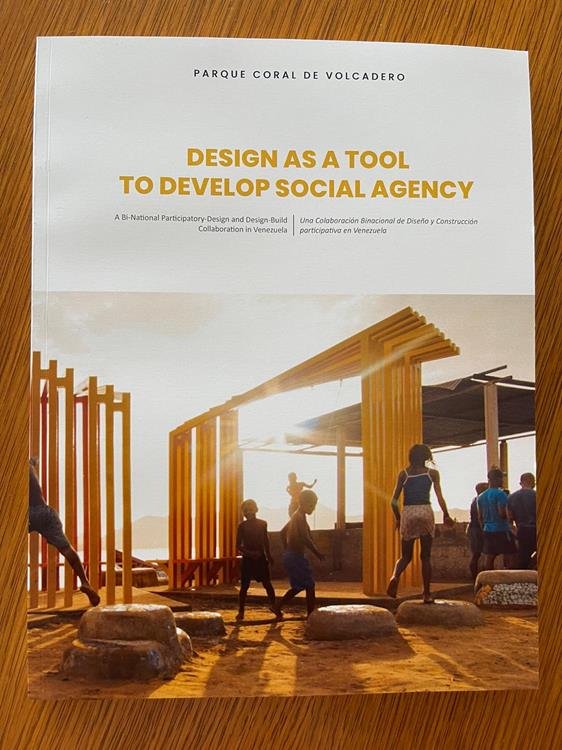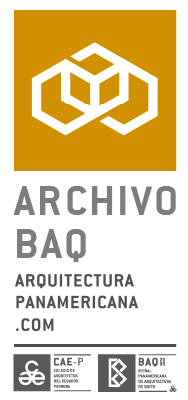Parque Coral de Volcadero: Design as a Tool to Develop Social Agency

Premio de participación: Premio Publicaciones
Categoría de participación: Libros Impresos
País de representación: Estados Unidos
Autores:
Arq. Milagros Zingoni Phielipp
|
Arq. Oriana Venti
Memoria
Design as a Tool to Develop Social Agency: Parque Coral de Volcadero is the synthesis of a binational collaboration that democratized and moved knowledge of well-established architectural education design-build pedagogies, and urban planning practices in the United States to empower a rural community in Volcadero, Venezuela.
The book is organized in two main parts: The first one challenges traditional architecture education and calls for opportunities to leverage design education resources to develop a catalyst for change in underserved populations. This is under the premise of philosopher Lao Tzu’s approach to “Give a man a fish and you feed him for a day, teach him how to fish and you feed him for life”. It also calls for moving away from traditional mechanisms to disseminate knowledge away from the ivory tower and into everyday practices. It also describes EDIT studios, a methodology that has engaging the community as the first face of studios in higher education.
The second part recounts the process of taking these theories into action, narrating the implementation of a participatory design process into designing and building a public intervention for the community of Volcadero in Venezuela, through a binational collaboration among university students, faculty and the local community. It documents a physical and social transformation that is manifested through the designed- built “Parque Coral Volcadero”, as a result of eighteen-months collaboration to amplifying the voices of a fisherman community, and continue empowering them to develop social agency. Simultaneously, it became a teaching-learning tool that exposed engineering and architecture students to lifelong lessons that included hard and soft skills, through a collaboration that involved faculty from the University of Tennessee (United States) and Universidad de Oriente (Venezuela), and students from these two universities and Arizona State University.
The project itself and the book are the synthesis of the intersection of research, an applied pedagogy, and a transformation in the local community that aims to democratize knowledge by making it available to all. The decision of having the book published as an open source supports the value of moving and democratizing knowledge and placing the value in transforming others through education, removing structures of power to generate change.
